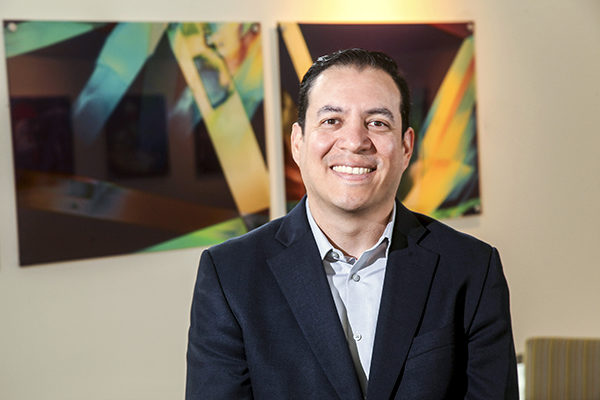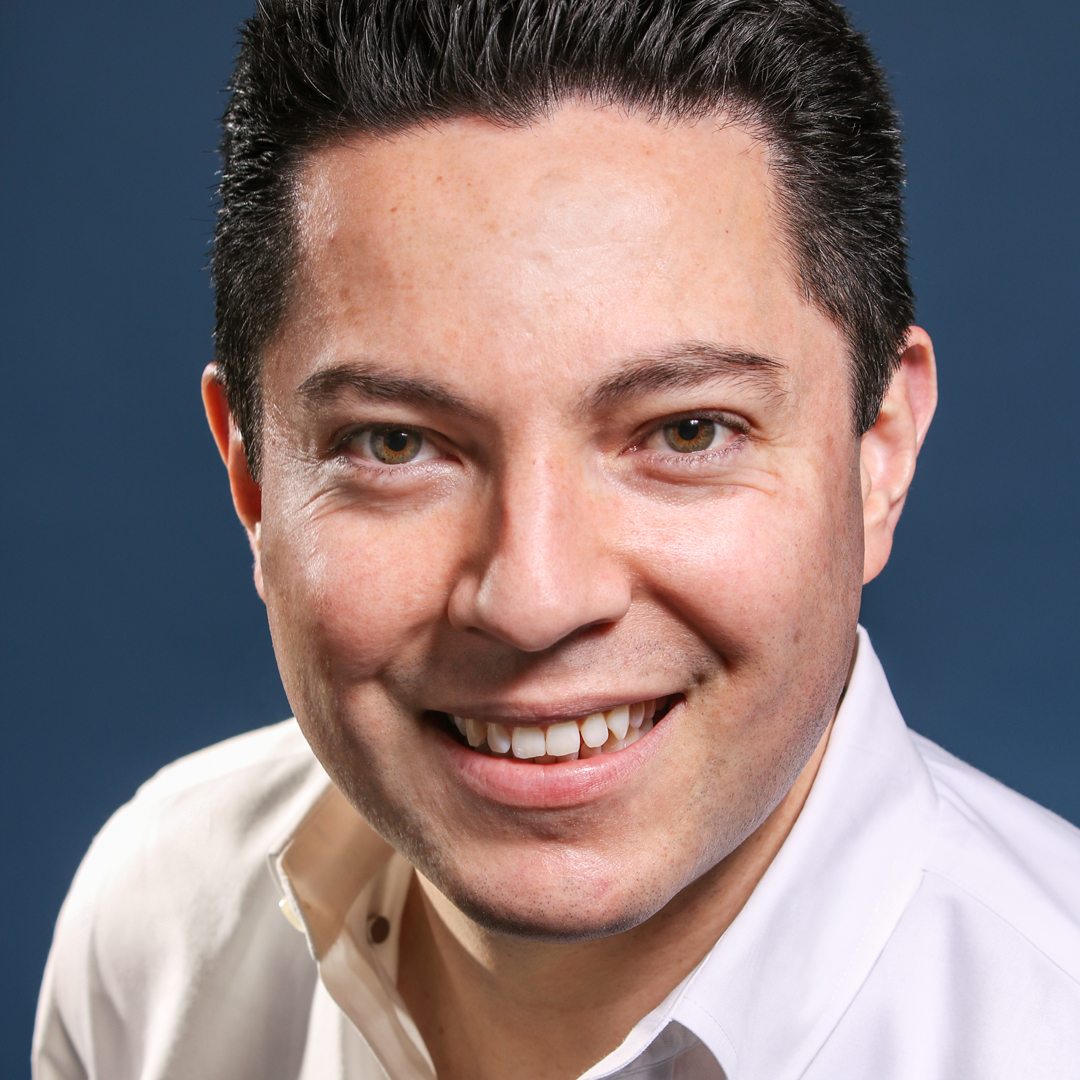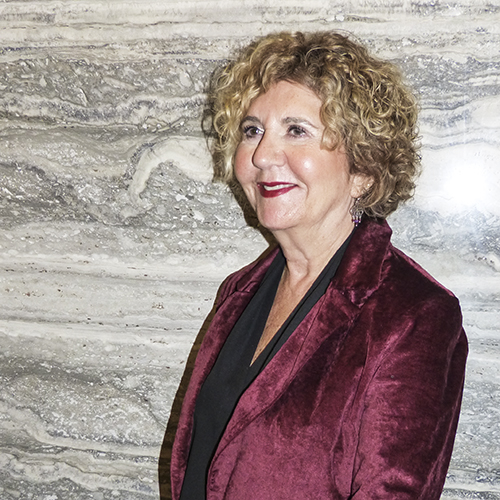|
Getting your Trinity Audio player ready...
|

According to the Wall Street Journal, the average US employee spends one-third of their waking lives at work. And despite the amount of time people dedicate to their jobs, many face a daily struggle to feel valued, respected, and seen at the workplace. José David, the global head of assessment and selection at Merck, wanted to change that.
The desire to help others motivated David from an early age. “I grew up in Honduras and saw a lot of poverty and need,” he says. His altruistic nature drew him to psychology; he intended to become a clinical psychologist. However, upon taking a course in industrial/organizational psychology, David became fascinated by how he might help people increase their chances of happiness and well-being within their work environments.
In 2010, David took a position at Merck, a global pharmaceutical company dedicated to saving and improving lives. At Merck, David found an opportunity to work in a company whose mission was aligned with his own values, creating an inclusive environment where diverse perspectives are respected and where all opinions matter. “What drew me to pharma was the impact on people’s lives,” he says. Merck’s vaccines and medicines combat some of the world’s most challenging diseases, including Hepatitis C, cancer, and HIV. David first worked as the director of organizational effectiveness in Merck’s Puerto Rico manufacturing sites before moving to the continental United States in 2014.
As the director of organizational effectiveness, David oversaw the culture strategy at various sites in Puerto Rico. “My goal was to create a place where you felt respected and where you could come and give your complete self and feel good about it,” he says. Some of the strategies David used to build inclusivity are habits that any organization could apply, such as encouraging staff to greet each other when they enter a room and ensuring the right team members are present during important meetings.
Although these strategies might sound simple, they had a profound impact on creating a feeling of security among employees. The acknowledgement of coworkers’ contributions also plays into what David calls “a 360-degree vision,” where all perspectives are considered and included in decision-making. The 360 vision cultivates a safe work environment for team members and enables teams to make more deliberate, more comprehensive decisions with everyone’s point of view in mind.
To create this cultural shift, David and his team first disseminated information on inclusive norms to managers. But managers weren’t the only ones educated on how to build an inclusive culture. David identified team members who could act as change agents and natural leaders who could influence their colleagues to shift behavior and thinking.
This culture of inclusion not only makes employees more engaged, but it also makes workplaces more flexible to shifting priorities. David relates the story of one pharmaceutical production site, which was at risk of being sold. At this particular site, management and team members faced the challenge of becoming more competitive among the many manufacturing global sites, both inside and outside Merck. The site not only had to meet competing priorities regarding efficiency, quality, and supply, but also had to keep employees engaged in the midst of all these pressures.
The production site was eventually sold, but the transition for employees was easier because of the communication and cultural groundwork they had created. “We built such a strong culture that people were prepared,” David says. “We were leaning into the discomfort we were feeling, and we were able to be there for each other.”
After successfully creating workplace environments that were diverse and inclusive, David moved to the continental United States and continued to work for Merck in executive talent management, where he helped to develop a unified vision of talent across the company. Creating benchmarks for talent allowed the company to deepen its focus and identify elite talent within its own ranks. Through comprehensive talent assessments, David’s team discovered people who had the potential to become future executives. Once identified, Merck was able to prime leaders for the future by pairing them with resources, such as executive coaching, exposure to the board, and more job assignments and responsibilities.
Having a culture of inclusion, combined with multidimensional talent strategy, is part of what makes Merck such a diverse workplace. “Diversity is woven throughout our business and is part of our way of working,” David, who is now Merck’s global head of selection and assessment, says. “Our leaders are accountable for specific objectives related to diversity and inclusion. Where managers weren’t making progress, they needed to put a plan of action.”
Giving managers specific metrics and targets for promoting underrepresented groups ensures that no one is left overlooked, David says. As a result, Merck has been commended by external organizations for its inclusion of women, underrepresented ethnic groups, and veterans.
From the beginning of his career, David has acted on the belief that talent rises to the top. With strategies to create safe working environments where all perspectives are valued, he has helped to ensure that Merck will be great place for employees, a company that is more nimble and flexible to the needs of its stakeholders, and a place where the best talent will indeed rise to the top.

